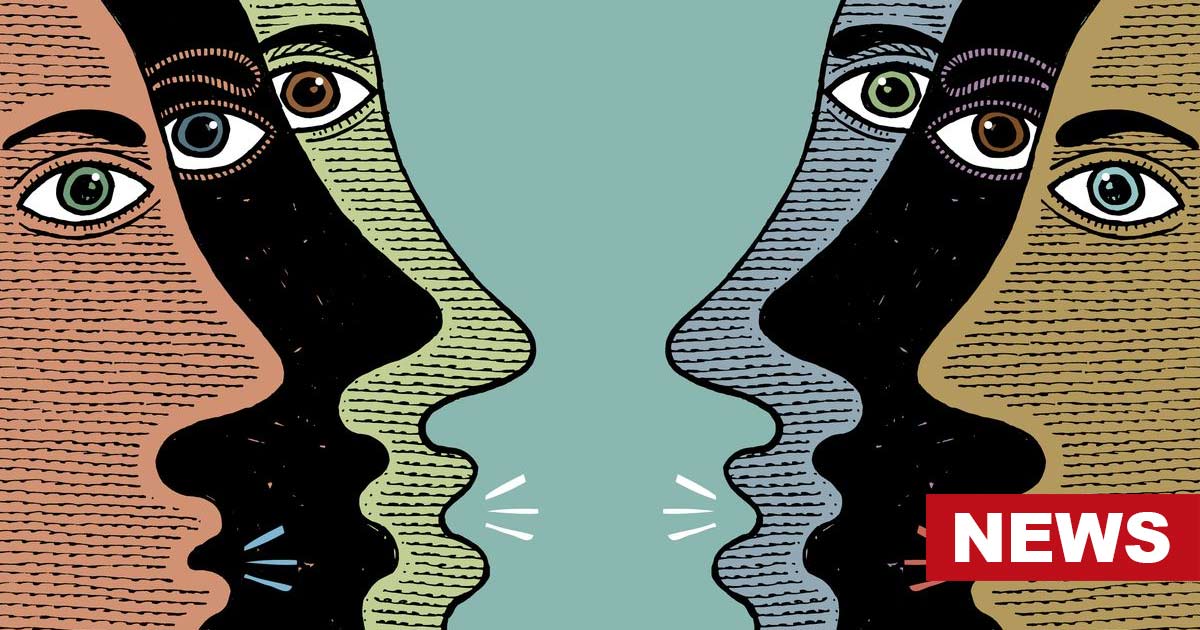Annabele Charles, writing for Mint, recalled a conversation with a close friend and how it led her to ditch therapy speak. Charles had volunteered to cook for an upcoming birthday party, but her friend dismissed the idea—thinking it would be stressful for Charles.
Later, Charles received a text message notifying her of an increase in the number of party guests, which she mentioned to her friend. Unfortunately, her friend misunderstood her intentions and thought Charles was complaining about the party after agreeing to cook for it. This simple discussion escalated into a heated argument, and the friend accused Charles of “gaslighting” her.
Surprised by the accusation, Charles decided to look up the definition of “gaslighting.” She discovered that it refers to a form of psychological abuse where a person or group manipulates someone into doubting their own sanity or perception of reality. This revelation made Charles feel terrible about herself, impacting her self-esteem and social equations.
This experience reflects the prevalent use of therapy-related terminology and therapy speak in conversations in our everyday lives. The internet has made mental health information easily accessible, leading to the frequent use of terms like “narcissism,” “trauma,” “gaslighting,” and “toxic relationships” in conversations.
Moreover, there is an abundance of advice and scripted language—collectively called “therapy speak”—available to help individuals assert themselves. This knowledge is often provided by non-experts on and off social media rather than mental health professionals.
Unfortunately, non-professionals may have a limited understanding of these terms, resulting in a resort to casual therapy speak in conversations as well as their misuse and incorrect diagnoses of behavior, leading to hurt feelings and misunderstandings.
Casual therapy speak often sees non-professionals describe a simple everyday situation with clinical terms that describe complex behaviors and denote a range of debilitating symptoms that mental health professionals are trained to diagnose.
When used out of context or without a full understanding, such careless therapy speak in mental health conversations can deeply hurt the individuals being labeled and undermine the experiences of those who have been professionally diagnosed with these conditions.
For instance, Lalpeki Ralte, a psychologist and psychotherapist based in Bengaluru, pointed out how Instagram therapy speak irresponsibly overuses and dilutes terms and experiences related to “narcissistic,” “toxic/trauma,” “obsessed,” and “narcissism”.
Similarly, Dr. Madhura Samudra, a psychiatrist and sex educator in Pune, agrees that the cons of therapy speak in casual conversations lie in the superficial notions and understandings of specific mental health disorders.
While being aware of toxic traits can help individuals avoid abusive patterns, an abundance of relationship advice about “toxic relationships,” “energy vampires,” or “boundary-less exes” can trigger paranoia about the so-called “relationship red flags” and curtail the ability to form newer bonds.
In most cases, as journalist Rebecca Fishbein notes in her Bustle piece, a ceaseless drip of subjective “self-love” and “self-assertion” therapy speak posts on social media can encourage people to give up on relationships, employment, and friendships without the adequate effort of a fight or “repairing strategies”.
Phrases like “I need to feel safe and valued, and our friendship no longer offers me this, so I need to step away” or “I need to honor my needs, and our relationship doesn’t align with them” are often used. However, these messages can come across as cold and insensitive, lacking empathy for the other person and dismissing the considerate opportunity for discussion or resolution.
Human relationships are messy and complicated; these require open communication and compassionate language, which templates often lack. Navigating challenging relationship dynamics with an approach that allows for discussion and sensitivity towards the other person may be a kinder way to address these issues.
The New Yorker journalist Katy Weldman first coined the term “Instagram therapy speak” back in 2021 to warn against casual, contemporary, and sporadic “clinical conversations” that come from the living room couches and not from licensed therapists or mental health professionals themselves.
Annabele Charles, a 31-year-old contracts and budget analyst at a clinical research firm in Thrissur herself, believed that people resort to therapy-related language in heated situations where they intend to share their opinions, but aggression diminishes their patience to explain themselves.
This leads to a tendency to hide behind jargon, even though they know that labeling could be hurtful. Reasoning why one should ditch therapy speak in mental health conversations, she stated, “I believe therapy-related language should remain within the therapy setting because therapists have a comprehensive understanding of these terms.” Therapy speak may momentarily provide mental relief and appear to aid in mental health awareness, but, in the long run, it is detrimental to our and the society’s collective well-being.


